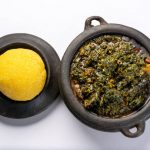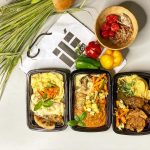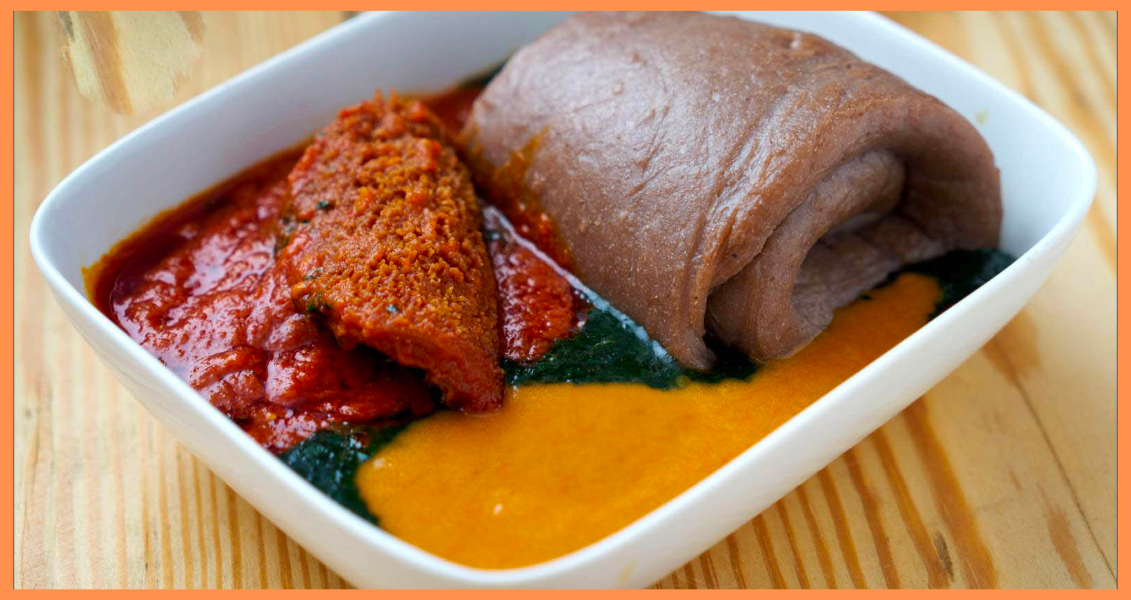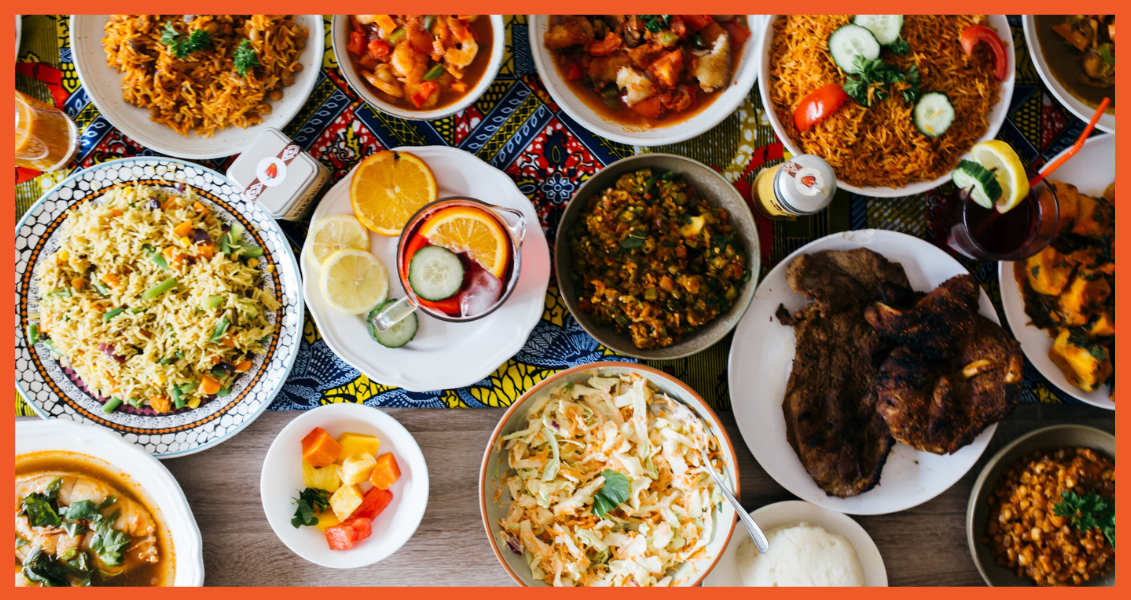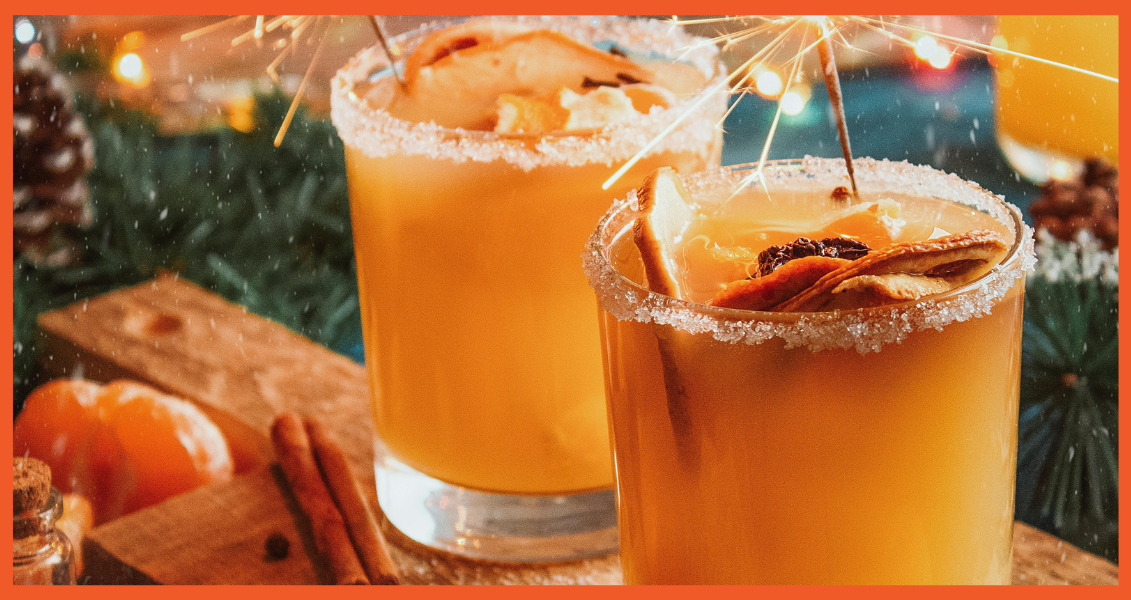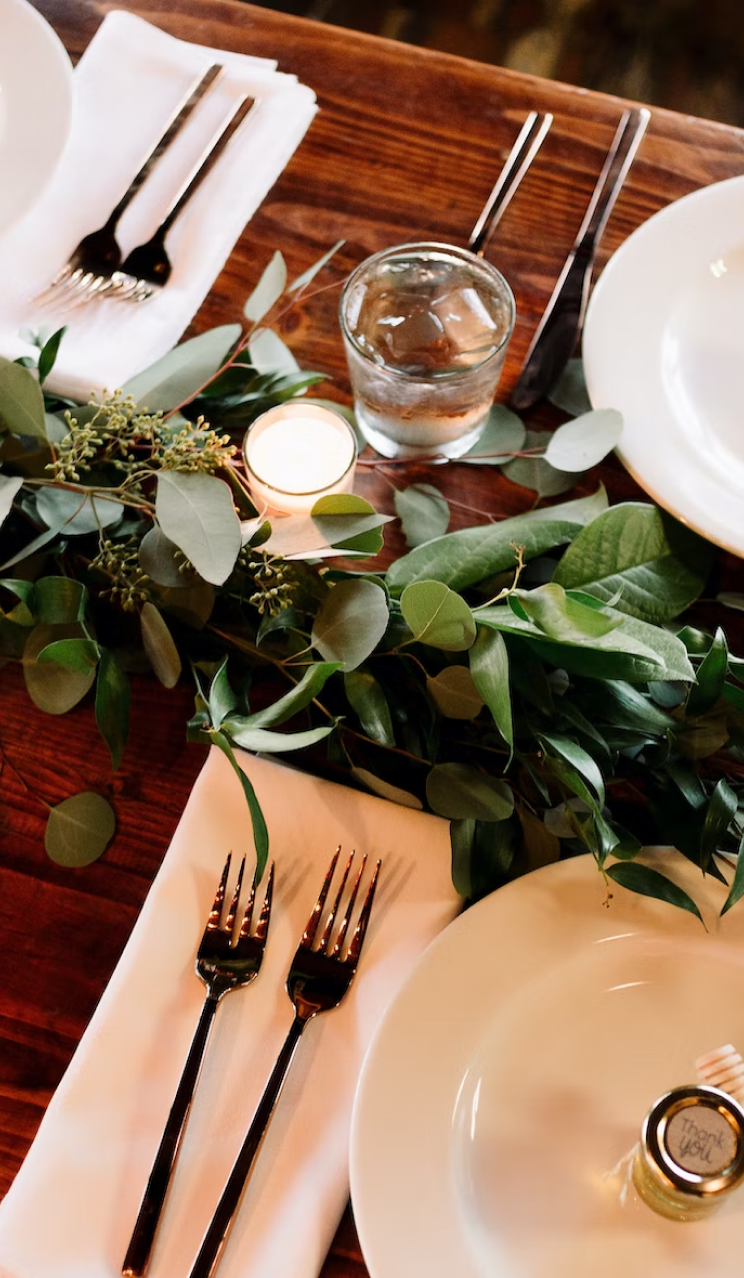There, I said it; it had to be said. But before you come for my edges, allow me to explain myself.
If you grew up in a home that falls within the upper-middle class and upper-class income bracket, the whole point of this article may be lost on you. After all, healthy eating was an established routine in your home, meaning you ate a balanced diet, and Home Economics classes were not textbook jargon you had to read only to pass exams. It was your reality.
Your meals had a perfect balance of proteins, carbs, and veggies. You probably didn’t need to wait till the end of the meal to eat your meat, and you often ate ‘sides’ such as salads, regardless of what month of the year it was.
Well, surprise! Some of us didn’t grow up with such privilege. Salads, much like chicken thighs and fried rice (if you were a level lower than my family’s income level), were Christmas treats because only the birth of our Lord and Saviour was massive enough to warrant such extravagance.
For reference purposes, let me begin by defining what a salad is because some trench alumnus reading this probably thinks of “coleslaw”, *laughs in poverty. Coleslaw is a salad dish that is very popular in Nigerian homes and bukas (local restaurants) nowadays, but that is not the focus for today.
According to Merriam-Webster’s dictionary, “a salad is usually a cold dish of raw greens (such as lettuce) often combined with other vegetables and toppings and served especially with dressing.” The main difference between coleslaw and salad is that coleslaw always contains shredded cabbage, whereas salads do not necessarily contain cabbage. A salad is a mixture of raw or cooked vegetables. There are many types of salads, and coleslaw is one type of salad.
Salads have long been considered the crown jewel of Christmas feasts. However, it’s high time we challenged this archaic practice and liberated salads from the confines of the festive season. Salads are rich in vegetables and fruits with nutrition and health benefits that could lead to weight loss, better skin, healthy organs, and prolonged life. In the quest to follow daily dietary recommendations and eat the right amount of vegetables, salad is your friend, not just when it is Mariah Carey season A large portion of salad can check off your daily veggie requirements in one fell swoop while keeping your calories down too.
The interesting thing about salads is that they don’t have to be bland. There are so many ways to spice up your salad recipe, but we’ll talk about this later. For now, let’s celebrate the usefulness of salads outside the Christmas season.
As a wannabe gym girlie ageing like fine wine, I strive to eat salads often and ensure that there are leafy greens in most of my meals. If I painted the impression that I eat salads as a daily ritual anywhere in this article, kindly ask me to fear God because that’s simply untrue. However, I’ve strived to make salads a frequent part of my menu. Generally, a few positive things can happen when you increase your daily intake of fruits and vegetables. Here is a list of the health benefits of eating salads every day:
Weight loss
Don’t quote me anywhere, but you often hear that weight loss is the sum of an 80% balanced diet and 20% workout. This is true because doing all the cardio and lifting all the iron in this world will not help you lose weight. Ensuring you have a healthy balance in your meals daily can lead you in the right direction in achieving your goal. Salads have low calories, contain high fibre, and are rich in vitamins and minerals, which can be helpful if you’re trying to manage your weight.
Healthy skin
Research has shown that most vegetarians often have great skin, and they age slowly. They only eat plant-based meals packed with a lot of nutrients. There’s a woman at my gym who’s vegetarian. She doesn’t look a day older than 60 (which is already pretty impressive in its own right). Then I found out she was 77, and I almost quit eating meat and dairy. Almost.
Healthier gut
The main components of most salads – vegetables, fruits, beans, legumes, whole grains, nuts, and seeds are loaded with fibre. Fibre is beneficial for diabetes and heart disease and contributes to bodily functions like bowel regularity and satiety levels. In simpler English, meeting your daily fibre needs promotes a healthier gut and encourages big positive outcomes, especially in the mornings.
Balanced fruit and vegetable intake
5 cups/servings of fruits and vegetables per day is recommended. Since the base of a salad is usually at least 1 to 2 cups of leafy greens, eating a salad daily can help you meet the daily recommendations. Your plate should look like a rainbow if you are doing it right. Remember, carbs are not the main meal; your fruits and veggies should be. Eating a salad helps you better stick to the common suggestion to eat the rainbow. The next time you stop at Iya Kunle’s buka, ask for ₦100 rice and ₦200 coleslaw with very little cream.
Reduced health risks
Ingredients in the salad like cabbage, carrot, and tomatoes contain antioxidants and vitamins that help to reduce cholesterol levels, severe heartbreak (with a stronger heart, e no go too pain), and heart diseases. Green leafy vegetables commonly eaten in salads like lettuce, spinach, arugula, and kale are rich in vitamin A, vitamin C, and vitamin E.” These vitamins support healthy eyesight, help immune function, and protect against certain cancers.
It’s not about saying ‘’God when” as you stare at Aunty Kate’s pictures or thinking “I better look like this when I am fifty.” Please eat your greens; it will go a long way. If you didn’t grow up doing this, it might be challenging. However, it is never too late to pick up a new habit. Please, I didn’t ask you to pick up weird challenges like 75 hard, just eat your greens. Start small, and build a routine around it as time goes by. Some salads might leave you feeling fatigued or hungry because they are lower in calories than fruits and vegetables alone, so I’d recommend adding protein and healthy fats to make it a balanced meal that will keep you full.
For more interesting conversations about food, drinks, and adventure, subscribe to the Deliciously Newsletter!



